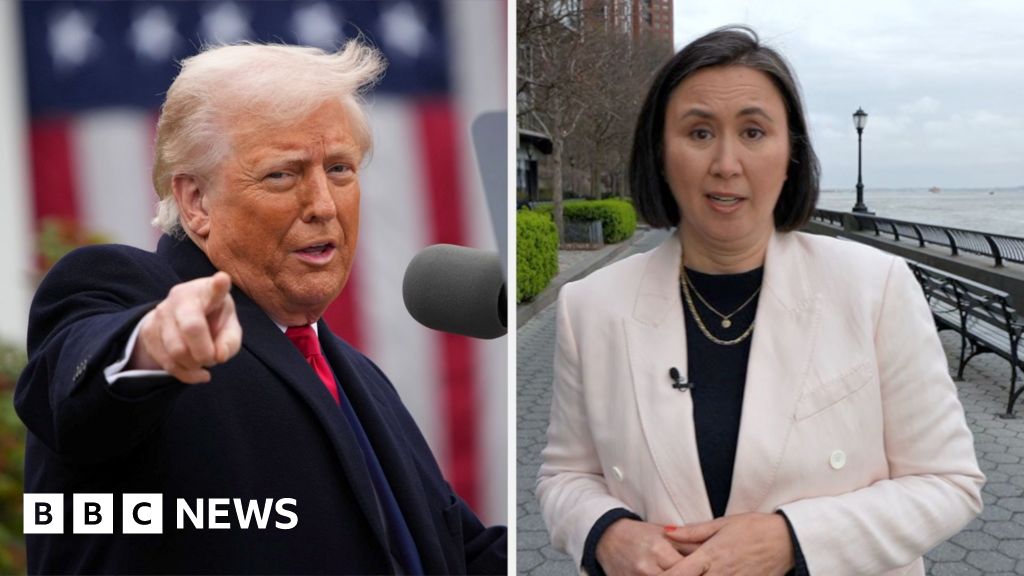Unlock the Editor’s Digest for free
Roula Khalaf, Editor of the FT, selects her favourite stories in this weekly newsletter.
Brussels is taking the UK to the European Court of Justice in two cases, casting a shadow over Sir Keir Starmer’s proposed “reset” of relations with the EU.
The European Commission has brought the cases over the UK’s treatment of EU citizens and its failure to end bilateral investment deals with six member states.
The first complaint dates back to 2020 and legal action was paused last year as London and Brussels sought to resolve differences over trading arrangements between Britain and Northern Ireland.
But on Monday the commission said it would bring the case to court, since its right to do so under the terms of the UK’s exit from the EU ends on December 31.
Until then, the ECJ is still able to adjudicate on matters dating from before 2021, when the UK’s transition period following Brexit ended. The UK would have to abide by its rulings.
The commission claims that the UK set unfair restrictions on the right of EU citizens’ family members to live in the country, among other issues.
“Several elements of the grievances remain unaddressed, including on the rights of workers and the rights of extended family members,” the commission said in a statement.
In the second case, the commission says the UK should have ended bilateral investment agreements with six member states on its departure from the EU.
Downing Street said: “We are not going to comment on legal proceedings. This relates to when we were an EU member state and during the transition period.”
The decision by Brussels to press ahead with the cases comes at a sensitive time as the UK and EU seek to draw a line under three years of rancour. The new Labour government wants to “reset” relations to improve trade and defence ties.
Starmer will meet his 27 EU counterparts for an informal dinner in February, the first such encounter since the UK left the trading bloc.
UK chancellor Rachel Reeves met fellow finance ministers this month to argue for better access to the EU for the financial services sector, which was not covered by the post-Brexit Trade and Cooperation Agreement.
Reeves said dropping trade barriers erected when the UK left the single market would be in both sides’ interest, ahead of detailed talks that are expected to begin next year.
Credit: Source link











